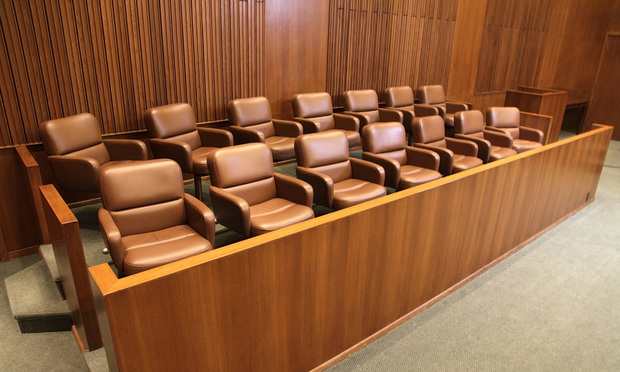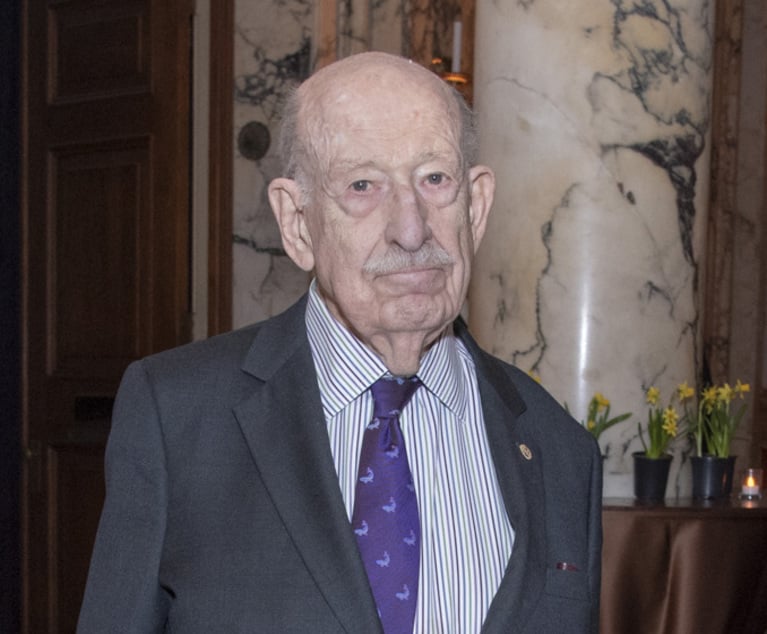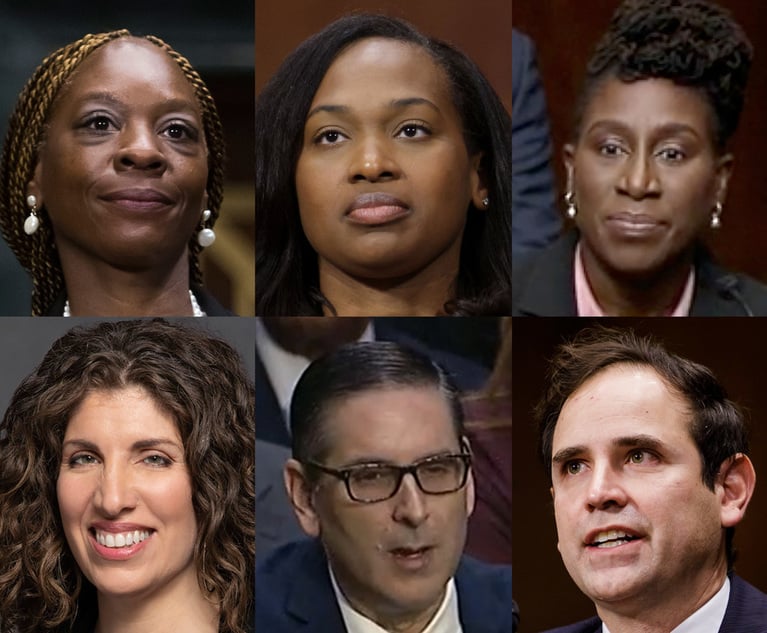In what can only be called a highly significant decision, New York’s top court issued a stark reminder about the fundamental fairness of trials. But in this case, the Court of Appeals did not overturn a criminal conviction because of a trial judge’s erroneous legal instructions or because of a prosecutor’s prejudicial statements in summation. Rather, the court aimed this warning shot at a group of trial participants who are pivotal to a criminal defendant’s Sixth Amendment right to fair and impartial fact-finders—jurors.
On Oct. 22, 2019, the New York Court of Appeals issued its unanimous opinion in People v. Neulander, 1207 KA 16-02210, __ N.Y. __ (Oct. 22, 2019). In Neulander, the court affirmed the Appellate Division’s decision that set aside the defendant’s convictions for murdering his wife and tampering with physical evidence, based on blatant juror misconduct. Noting that Juror 12 had sent and received “hundreds of text messages about the case” throughout the trial and had then lied about having done so to cover up her conduct, the court wrote that “the extensiveness and egregiousness of the disregard, deception, and dissembling occurring here leave us no alternative but to reverse the judgment of conviction and remit for a new trial … .” Id. at 3. In a gut-check wake-up call for all future jurors—and for all trial judges to take claims of juror misconduct highly seriously—the court announced that the facts of this case “compel us to affirm publicly the importance of juror honesty.” Id.


 Photo: Jason Doiy/ALM
Photo: Jason Doiy/ALM




